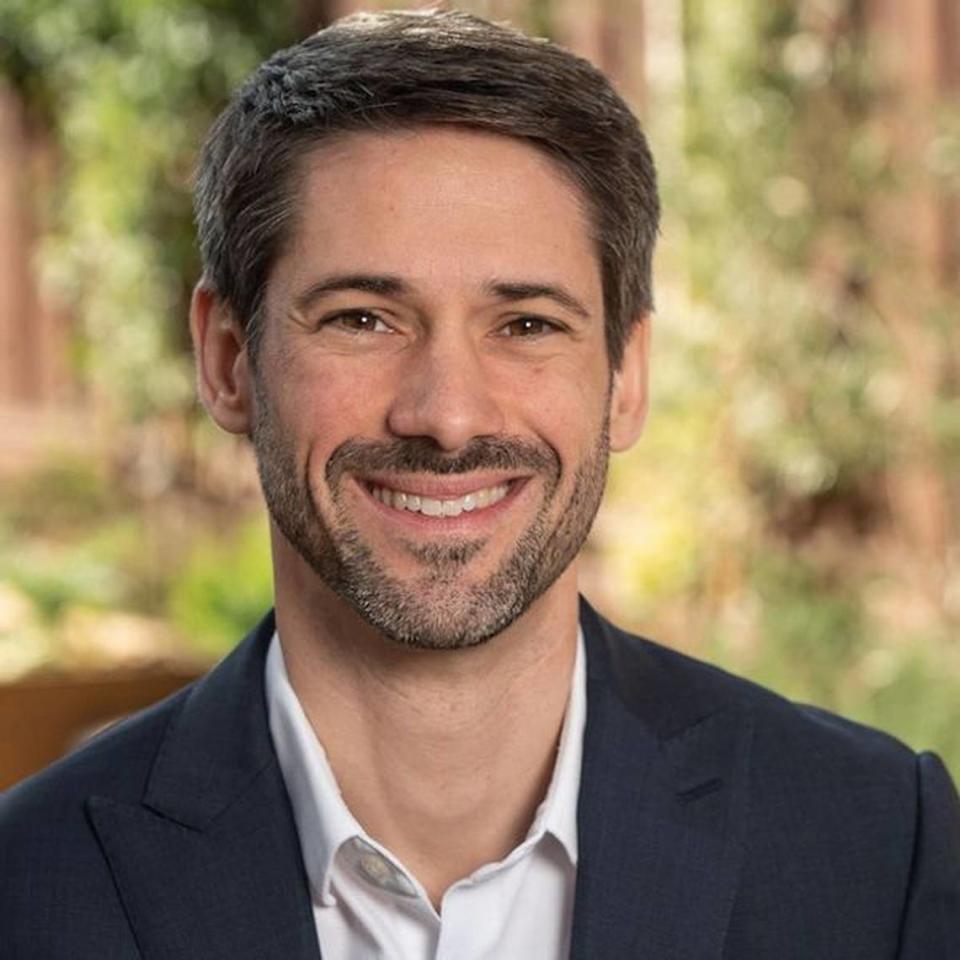California must do more to prevent the deaths of homeless residents. Here’s one way | Opinion
California hasn’t banned the death penalty; at least, not for our homeless neighbors.
Nearly every night, another homeless Californian — or two or three or 12 — dies on our streets. They pay the ultimate price for a failure committed by our state: the failure to provide the life-saving care that our most vulnerable residents need, but sometimes cannot accept.
While there are many reasons that California has the highest percentage of unsheltered residents in the nation, including our severe housing shortage. One important reason is our refusal to require lifesaving treatment for those in immediate danger due to mental illness or severe substance abuse.
Opinion
Instead, we grant them the freedom to die on the streets of disease, of freezing or boiling temperatures, of overdose and of all the other cruel ways our neighbors perish because we put their “freedom” ahead of our moral obligation. We take the path of least resistance because it’s the easiest thing to do is nothing.
It’s time to free those suffering from treatable diseases and dying from preventable deaths by requiring them, with appropriate safeguards, to be in the treatment they need not just to change their lives, but to save their lives.
That’s why I was proud to stand with so many California mayors in support of State Sen. Susan Eggman’s new legislation, including Senate Bill 43, that will make it possible for county health officials to save more lives by requiring emergency care.
SB 43 ensures that conservatorship court proceedings can consider vital testimony about an individual’s circumstances and history from healthcare providers. Experts often rely on the analysis of medical professionals to provide critical context in determining why someone may need to be placed under the care of another. This bill would also clarify the definition of “gravely disabled,” the threshold needed for consideration of a public conservatorship, to include people whose severe mental health or substance abuse issues prevent them from meeting their basic needs.
By making it easier to intervene in clear moments of crisis, we will not only save lives, we will improve the lives of all Californians. And, in all likelihood, we will save taxpayers money along the way.
How?
Right now, nearly one-fourth of the jail population in my county — Santa Clara County — suffers from serious mental health challenges. Our emergency rooms are crowded with mental health patients in crisis. Our city firefighters and paramedics go on run after expensive run to help homeless residents. Our city workers strain to clean up encampments and address the predictable consequences of people living outside.
All this costs money. In fact, the public sector spends approximately $73,000 per year for every person who lives on our streets with chronic mental illness. It is compassionate and simple common sense to redirect this money toward treatment, rather than continuing to cycle our most vulnerable in and out of emergency rooms, homelessness and incarceration.
Certainly, we don’t want to go back to the days of merely housing people in institutions without adequate care or proper oversight. But it’s important to remember that 50 years ago our country operated 337 psychiatric beds per 100,000 individuals. By 2016, that number plummeted to 12. It’s no wonder the population of desperately ill people on our streets has skyrocketed.
As the new mayor of the Bay Area’s largest city, I cannot stand idly by while my constituents have nowhere to sleep. They are — literally — in mortal danger.
I am grateful to Sen. Eggman for proposing bold reform. We need it now. I urge her colleagues in the state assembly to join with us in support of this life-saving effort.
Matt Mahan is currently serving his first term as mayor of San Jose.


